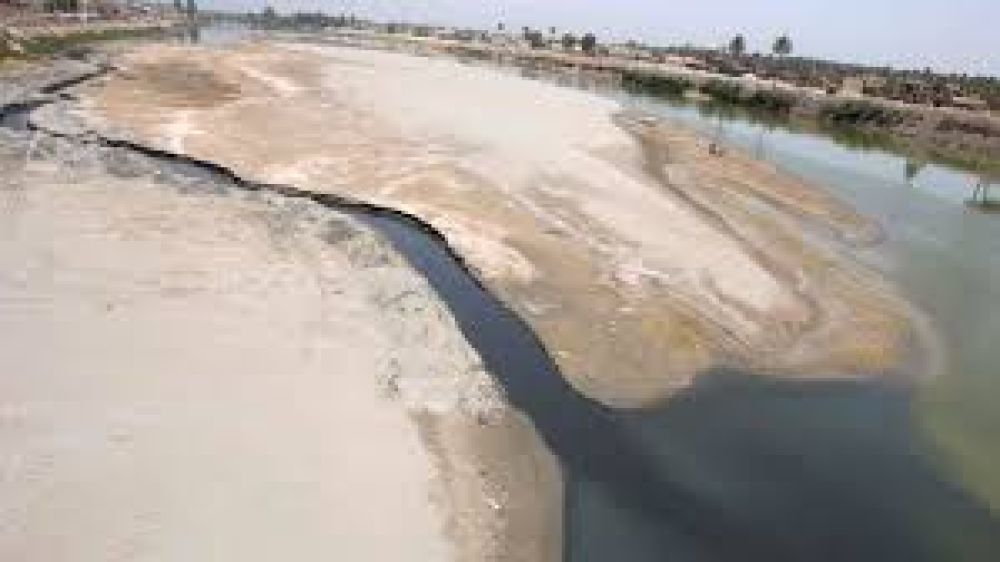

Situated near the venerable Euphrates River, Karbala has long stood as a city of profound religious significance, primarily for Shia Muslims. The tourism history of this sacred city is innately tied to the Battle of Karbala in 680 AD, where Husayn ibn Ali, the grandson of Prophet Muhammad, met a tragic end. Despite various political and social challenges over the centuries, Karbala has been a destination for pilgrims who travel to visit the Imam Husayn Shrine.
Since the establishment of the shrine, the flow of pilgrims has been consistent, with a notable increase during religious observances such as Arba’een, which marks the end of the 40-day mourning period following Ashura, the religious ritual that commemorates Husayn ibn Ali's death.
The Euphrates River, one of the great rivers of Western Asia, has played a crucial role in the development and sustainability of tourism in Karbala. It is not only a source of life and sustenance but also adds to the natural beauty of the region, attracting visitors who appreciate historical landmarks amid natural landscapes.
The river's proximity to Karbala enhances the religious significance for pilgrims. It is a reminder of the hardships faced by Husayn ibn Ali and his followers who were denied access to water during the battle. Now, it serves as a backdrop for reflection and prayer.
In recent years, there has been a concerted effort by the government and private investors to develop infrastructure and improve the overall tourism experience in Karbala. New hotels, transportation services, and visitor amenities have been established to cater to the ever-increasing number of pilgrims and tourists to the region.
Technological innovations have also been incorporated into the tourism landscape, with virtual reality experiences and apps providing immersive religious experiences for those who cannot attend in person.
The latest trend in Karbala's tourism sector is the increasing diversification of offerings, aiming to cater not only to religious visitors but also to those interested in culture, history, and leisure. Recognition of Karbala's potential as a year-round destination is driving investment in cultural festivals, museums, and exhibitions that showcase the city's rich history and contributions to Islamic civilization.
Additionally, eco-tourism is gaining traction, with developments along the Euphrates River encouraging preservation of the environment while providing unique experiences for nature lovers. These initiatives seek to balance conservation efforts with sustainable tourism growth, ensuring that the natural and historical heritage of Karbala remains unspoiled for future generations.
Karbala, under the watchful flow of the Euphrates River, remains one of the most significant pilgrimage destinations for Shia Muslims. As it adapts to modernity with improvements in infrastructure and diversity in tourism offerings, Karbala continues to honor its past while embracing the potential of a burgeoning tourism industry.